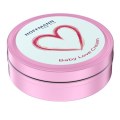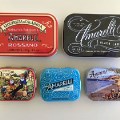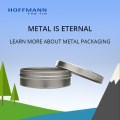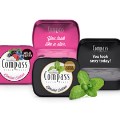Public
HOFFMANN Certificates & Policies
HOFFMANN The Tin Links
HOFFMANN The Tin Locations
HOFFMANN The Tin News
HOFFMANN The Tin Videos
If this is your company, CONTACT US to activate Packbase™ software to build your portal.
Hoffmann, a global provider of high-quality packaging for a broad array of industries and applications, will introduce a new line of tinplate cans comprised of 100% recycled steel at the Interpack, May 7 to 13, 2020 in Düsseldorf, Germany. Made possible by collecting separated consumer packaging steel from standardhousehold recycling, the company’s groundbreaking RecyCan® portfolio essentially closes the loop on sustainability through packaging that is not only completely recycled but also perpetually recyclable.
All tinplate cans contain some recycled steel. At the inception of the RecyCan process, typical household steel like used cans, closures and crown corks are collected for recycling. After steel elements are separated from aluminum and plastic packaging via magnet, they are shredded and detinned before being pressed into cubes. They are then melted down to raw steel and cast into slabs. The slabs are hot-rolled, cold-rolled and tin-plated to produce packaging steel, which can be printed and formed into fresh new tinplate packaging cans.
Ideal as packaging for a variety of premium organic and specialty products including organic infant nutrition, coffee, tea, dry or pasty cosmetics and tooth powder, Neopac’s RecyCan® tins are available as three-piece, two-piece or deep-draw cans that provide ample protection against light, air/oxygen and moisture. In addition to being fully recycled and recyclable, the fully circular packaging solutions offer a host of other eco-friendly benefits, including the savings of raw materials.
“In Europe, North America and other major markets, metal tins are synonymous with sustainability as they are recycled in well-established recycling streams,” said Mark Aegler, CEO of Hoffmann Neopac AG “The RecyCan® line of products takes eco-consciousness to the next level by achieving full circularity – completely recycled products that can continue to be recycled in perpetuity. And of course, these environmental benefits are achieved without sacrificing product protection or branding aesthetics.”


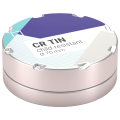


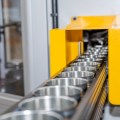

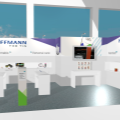

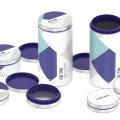
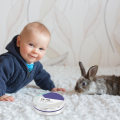

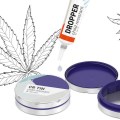

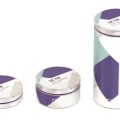
.png)
